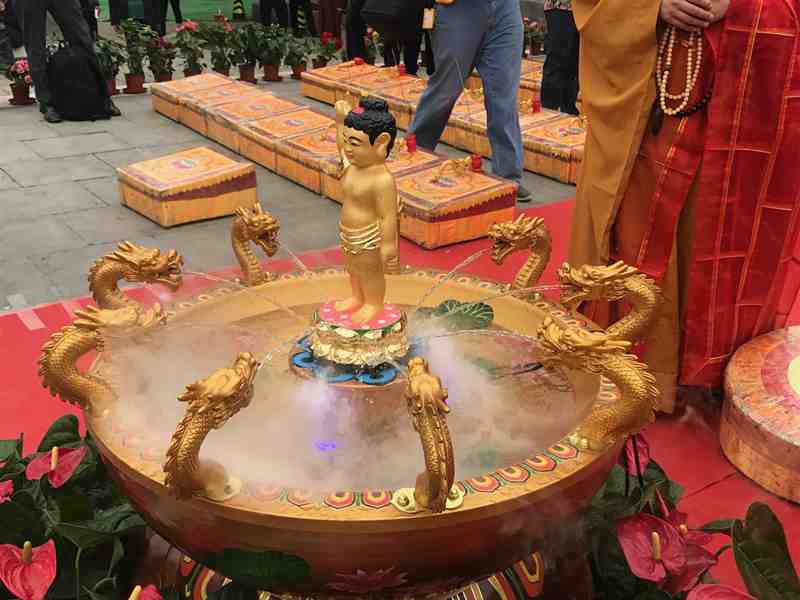May, 4, 2023

By Prof. Samitha Hettige
The Belt and Road Initiative (BRI) is China’s logistics network for international trade. Since opening up in 1979, China focused on developing the national economy and decided to invest the trade surplus outside China. It is referred to as economic dual circulation. As a result, China has developed trade and social links with more than 150 states globally and with many multinational organizations including specialized UN agencies. When the west was colonizing Asia, SL played a key role in trade and defense due to its geographic location. When SL liberalized the economy in 1978, rulers expected the same interest from western powers but didn’t get the required attention until 2013 when China launched the BRI. Most western powers and the anti China elements in the east started focusing on SL and its surrounding due to the Indo-pacific strategy of the US lead camp. SL has a new challenge. That is grabbing the opportunities coming its way by competing with all countries in the Indian Ocean Rim. SL is geographically small. Hence, international players will not come seeking SL’s small markets with the same enthusiasm they go to conquer the mega markets of India and China.
One area SL can increase revenue is developing the Human Resource it has in abundance. Still there are concerns on the quality of the Human resource so far produced. The techniques and systems used to upgrade the quality of Human Resource are also questionable. In comparison, there has been a very high demand for SL Human Resource few decades back from developing countries such as Australia, New Zealand and Canada. Whether SL is helping individuals to develop the skills they are good at or whether the system is actually de-motivating skilled individuals is the question.
Buddhism as a tool
Buddhist philosophy is a great tool available without any cost for human resources development. SL will be celebrating the birth, enlightenment and the passing away of the Buddha on 5th May 2023. The day is celebrated by Buddhists world over. In China, Buddhists celebrate Vesak at temples by literally bathing the Buddha, reciting sutras and lighting incense. Buddhism, Taoism and Confucianism, were the three main tools to develop soft skills of the human resource in ancient China. Looking back at China’s path, it is certain that the Chinese have used these tools to shape their personalities. According to certain Chinese beliefs, when the Buddha was born, dragons have spat water to bathe him. This belief must be the root of the tradition of bathing the Buddha on Vesak day (Ref. Chinese Sources).
Practicing Buddhists are not common in Sri Lanka and if the number increases it may help the country to come out of the crisis. The duties and responsibilities of individuals explained in the “Singalovada Sutra” is a notable resource which very few pay attention to. On full moon days most Sri Lankans observe Buddhist teachings and control thy selves. On such days Police forces in other countries increase crowd control activity to prevent general public from the lunatic behaviours of individuals caused due to the lunar gravitation force. Those living in other countries whether Buddhists or not, get controlled on full moon days due to Police controls and impose self control on other days to develop their countries. In SL people self behave on full moon days and misbehave on most other days. That blocks the path to peace and development.
(Views expressed are personal)
Video Story